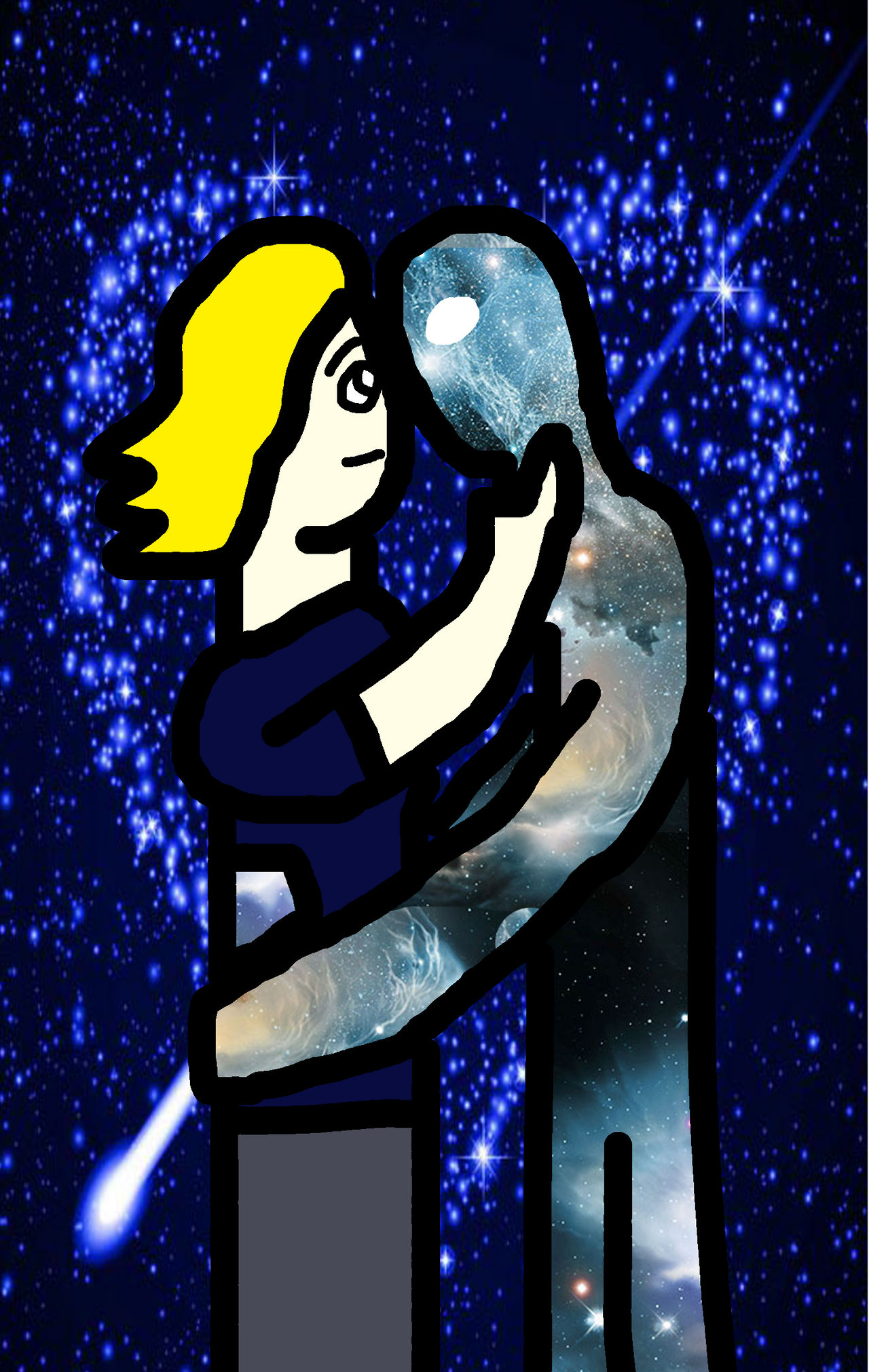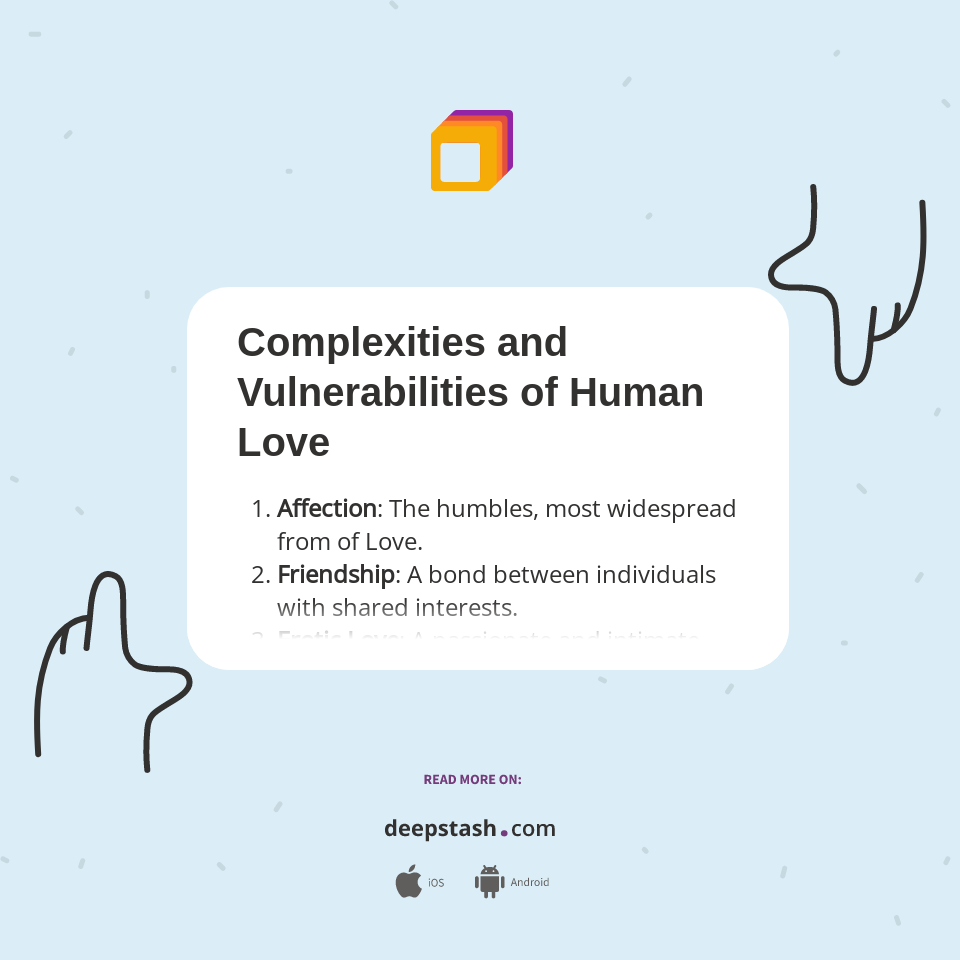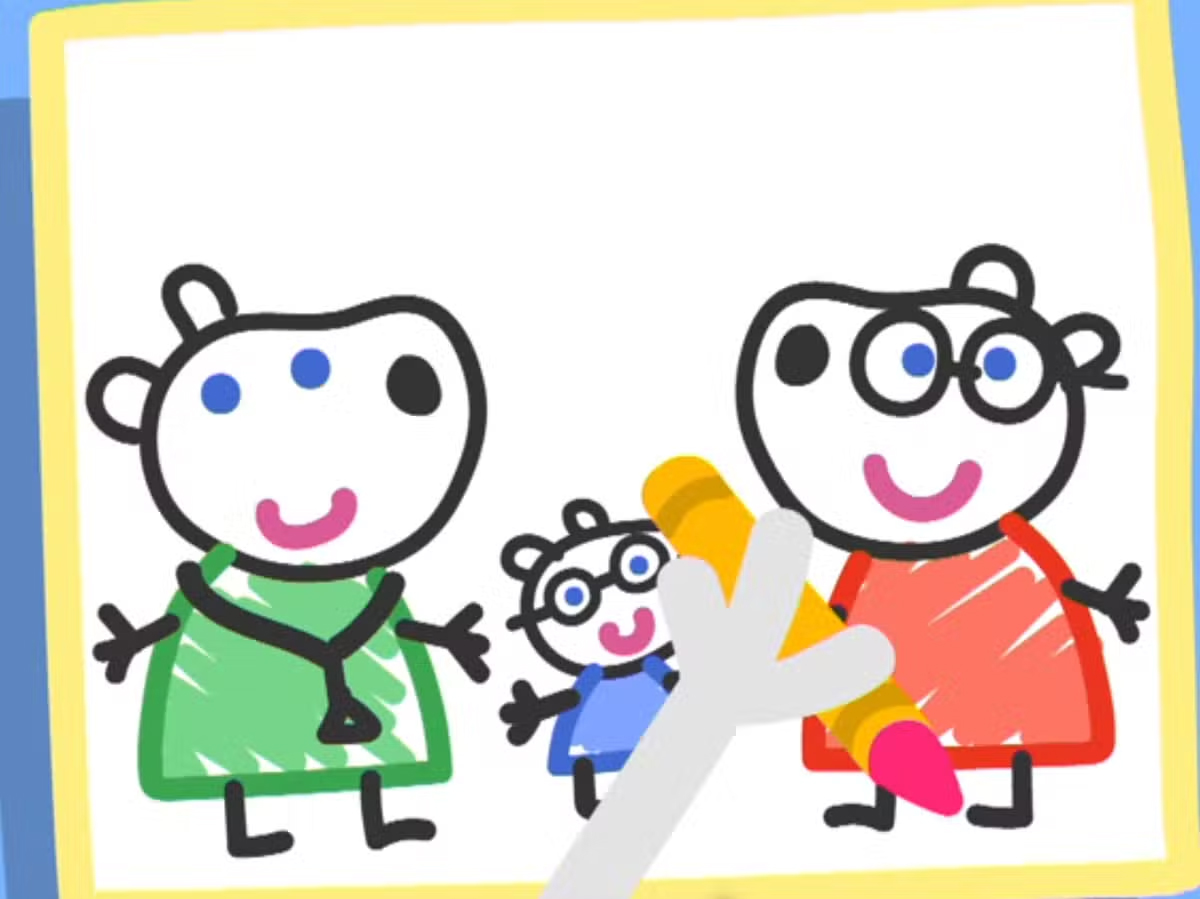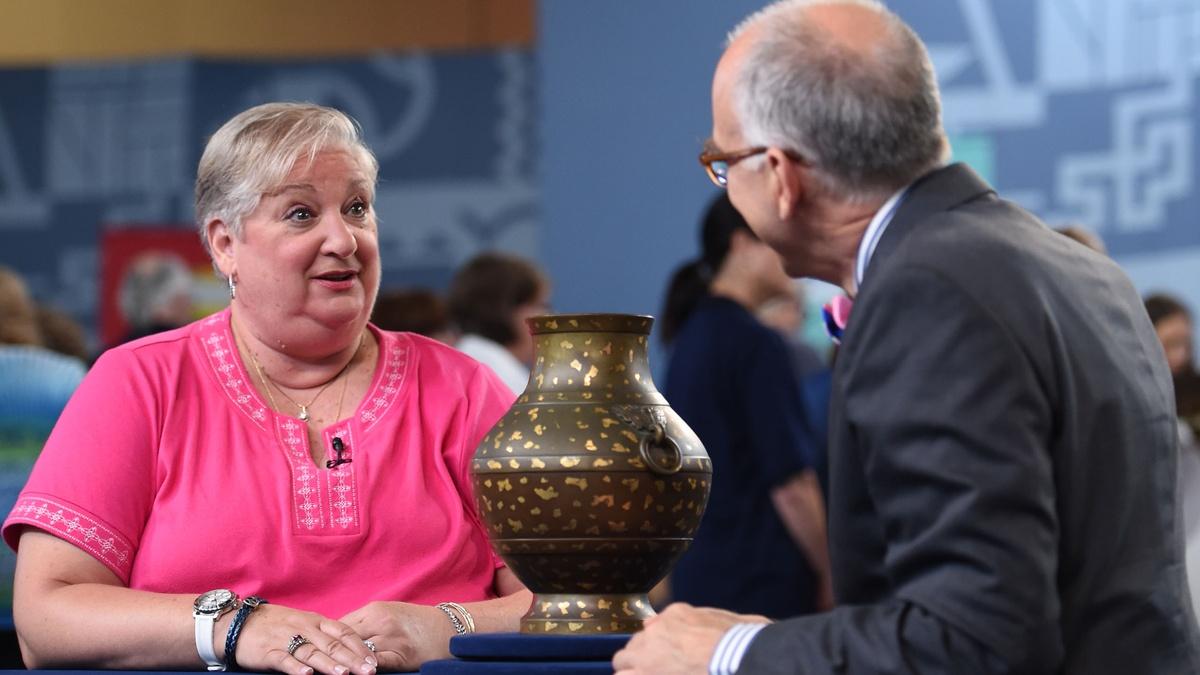Is It A Love Monster Or Something Else? Differentiating Behaviors

Table of Contents
Defining the "Love Monster" Concept
What does the term "love monster" really mean? It's a colloquial term used to describe someone whose expressions of love are overwhelming, intense, and sometimes even smothering. It sits on a spectrum: on one end is passionate, albeit excessive, affection, and on the other is controlling and potentially abusive behavior. The key is recognizing the line between enthusiastic love and unhealthy possessiveness.
Defining the spectrum: Overwhelming affection vs. controlling behavior is key. Overwhelming affection might manifest as grand gestures, constant declarations of love, and a strong desire for constant togetherness. However, when this crosses into controlling behavior, it becomes problematic.
Examples of "love monster" behaviors can include:
- Intense displays of affection: While initially charming, this can become overwhelming and suffocating. Think constant phone calls, unexpected visits, and showering you with lavish gifts.
- Frequent declarations of love and commitment: While endearing at first, excessive declarations can feel insincere and manipulative, especially if they aren't backed by consistent, respectful actions.
- Jealousy and possessiveness: While some possessiveness might be presented as concern, excessive jealousy and controlling behavior are red flags. This can involve interrogating you about your whereabouts, monitoring your social media, or forbidding interactions with certain people.
- A desire for constant contact and attention: This can range from incessant texting and calling to demanding your constant attention and prioritizing their needs above yours.
Recognizing Unhealthy Behaviors Masquerading as Love
Identifying red flags is crucial when passionate love turns toxic. The key distinction is between love and control. Love fosters growth, independence, and mutual respect. Control, on the other hand, aims to dominate and restrict.
Key distinctions: Love vs. Control. Love involves support, trust, and mutual respect. Control involves manipulation, domination, and the suppression of individuality.
Examples of unhealthy behaviors that often masquerade as intense love include:
- Controlling behavior: This can involve monitoring calls, texts, and social media activity; restricting access to friends, family, or work; dictating your clothing choices or social activities.
- Emotional manipulation: Tactics like guilt trips, gaslighting (making you doubt your own sanity), threats, or constant criticism erode your self-esteem and create dependency.
- Isolation: Cutting you off from your support network, friends, and family leaves you vulnerable and dependent on the abuser.
- Financial control: Restricting access to money, controlling your finances, and preventing you from working are significant signs of abuse.
- Physical aggression or threats: Any form of physical violence, threats of violence, or intimidation are unacceptable and require immediate intervention.
The Cycle of Abuse
Understanding the pattern of abuse is critical. The cycle typically involves three phases: idealization (intense love and affection), devaluation (criticism, belittling, and emotional abuse), and discard (temporary abandonment followed by a return to idealization, perpetuating the cycle).
Why it's hard to leave is because of trauma bonding and manipulation techniques. Trauma bonding creates a powerful attachment to the abuser, even amidst abuse. Manipulative tactics further reinforce this cycle, making it challenging to leave.
The importance of seeking outside help and support cannot be overstated. Talking to trusted friends, family, or professionals can provide the emotional support and guidance needed to break free from the cycle of abuse.
Healthy Relationship Behaviors vs. "Love Monster" Behaviors
Creating a comparison chart is helpful to visualize the differences:
| Healthy Behavior | Unhealthy Behavior ("Love Monster" Traits) |
|---|---|
| Respect for personal boundaries | Controlling behavior, jealousy, possessiveness |
| Open and honest communication | Gaslighting, manipulation, withholding information |
| Mutual support and encouragement | Criticism, belittling, emotional abuse |
| Trust and autonomy | Monitoring, surveillance, restricting freedom |
| Shared decision-making | Domination, control over all aspects of your life |
| Conflict resolution through compromise | Using conflict to control or intimidate |
Respect, trust, and autonomy are cornerstones of a healthy relationship. These elements create a space where both partners feel safe, valued, and free to be themselves. Open communication, compromise, and mutual support are essential for navigating challenges and building a strong foundation. Setting boundaries and respecting personal space are crucial for maintaining individual identity and healthy interdependence.
Seeking Help and Support
When to seek professional help is crucial. If you’re experiencing any form of emotional, physical, or financial abuse, seek professional help immediately.
Resources available for victims of abuse include: domestic violence hotlines, therapists specializing in trauma and abuse, and legal aid organizations. These resources can provide support, guidance, and resources to help you navigate this difficult situation.
Support groups and online communities offer valuable connections with others who have shared experiences, providing a sense of community and reducing feelings of isolation.
Conclusion:
Identifying whether you're dealing with a "love monster" or genuinely abusive behavior is crucial for your safety and well-being. While intense passion can be a beautiful part of a relationship, it should never come at the cost of your autonomy, self-respect, or safety. Remember the key differences outlined above, paying close attention to controlling behaviors and manipulative tactics. If you recognize unhealthy patterns in your relationship, don't hesitate to seek professional help. Understanding the nuances of "love monster" behavior and its potential dangers can help you build healthier, more fulfilling relationships. Take control of your relationships, and remember that healthy love is respectful and supportive. Learn to identify the signs and prioritize your well-being. Are you ready to build relationships free from the manipulative behaviors of a "love monster"? Take the first step towards healthier connections today.

Featured Posts
-
 Love Monster A Guide To Understanding The Complexities Of Love
May 21, 2025
Love Monster A Guide To Understanding The Complexities Of Love
May 21, 2025 -
 Dexter Resurrection A Beloved Villain Returns
May 21, 2025
Dexter Resurrection A Beloved Villain Returns
May 21, 2025 -
 Mission Patrimoine 2025 Deux Sites Bretons A Restaurer Plouzane Et Clisson Selectionnes
May 21, 2025
Mission Patrimoine 2025 Deux Sites Bretons A Restaurer Plouzane Et Clisson Selectionnes
May 21, 2025 -
 Chicago Cubs Fans Hot Dog Moment Channels Lady And The Tramp
May 21, 2025
Chicago Cubs Fans Hot Dog Moment Channels Lady And The Tramp
May 21, 2025 -
 Peppa Pigs Baby Sisters Name A Touching Family Story
May 21, 2025
Peppa Pigs Baby Sisters Name A Touching Family Story
May 21, 2025
Latest Posts
-
 National Treasure Trafficking Antiques Roadshow Episode Results In Arrests
May 21, 2025
National Treasure Trafficking Antiques Roadshow Episode Results In Arrests
May 21, 2025 -
 Trans Australia Run A Record In Jeopardy
May 21, 2025
Trans Australia Run A Record In Jeopardy
May 21, 2025 -
 Antiques Roadshow Couple Arrested After Shocking National Treasure Appraisal
May 21, 2025
Antiques Roadshow Couple Arrested After Shocking National Treasure Appraisal
May 21, 2025 -
 New Attempt To Break The Trans Australia Run Record
May 21, 2025
New Attempt To Break The Trans Australia Run Record
May 21, 2025 -
 Antiques Roadshow Stolen Artwork Results In Couples Imprisonment
May 21, 2025
Antiques Roadshow Stolen Artwork Results In Couples Imprisonment
May 21, 2025
